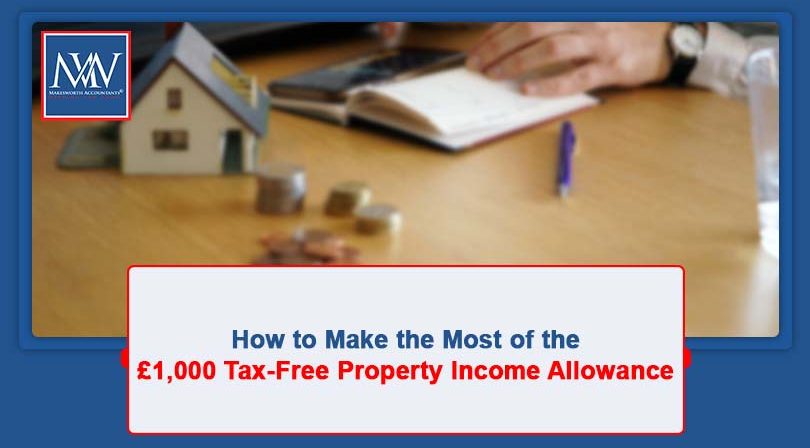
How to Make the Most of the £1,000 Tax-Free Property Income Allowance
A Simple Way to Earn Tax-Free Income
Did you know you can earn up to £1,000 a year in property income without paying a penny in tax or needing to tell HMRC? Thanks to the property allowance, individuals can benefit from small amounts of rental income without the hassle of reporting or tax payments.
This allowance is ideal for casual or one-off rental activities. Whether you’re letting out your driveway during a local event or renting your home while you’re away on holiday, this tax-free boost can be a useful source of income. However, it’s essential to note that this allowance cannot be used to offset rent received from a personal or family company that uses part of your home as an office.
What Happens If You Earn Less Than £1,000?
If your total rental income in the tax year is below £1,000, there’s no tax to pay, and you don’t need to report it to HMRC. The property allowance works alongside other allowances like the personal allowance, trading allowance, dividend allowance, and personal savings allowance. This makes it a helpful way to earn small amounts of extra income without triggering any tax liability.
Earning More Than £1,000? You Still Have Options
If your rental income exceeds £1,000 during the tax year, you must report it to HMRC. But you can still benefit from the property allowance. You have two choices:
- Deduct your actual expenses from the rental income, or
- Deduct the £1,000 property allowance instead of claiming your real expenses.
The second option is often better if your actual expenses are less than £1,000.
Currently, rental income over £1,000 must be reported through a Self-Assessment tax return. However, HMRC plans to increase the reporting threshold to £3,000 and introduce a digital reporting system for those with modest rental income. This change, expected before the end of the current Parliament, aims to simplify reporting. Still, if you already need to file a Self-Assessment return for other reasons, you can continue reporting rental income through the return instead.
Should You Report a Loss?
If your rental income is under £1,000 but your property activity results in a loss, it might be worth reporting it anyway. By doing so, you preserve the loss and can potentially use it to offset future profits. In such cases, it may be more beneficial to opt out of the property allowance.
Final Thoughts
The £1,000 property income allowance is a useful and flexible tax relief for individuals earning modest rental income. Whether you’re renting out a spare room, your parking space, or your entire home while on holiday, it offers a way to earn without the tax stress. Be mindful of the rules and reporting obligations if you exceed the limit or incur losses.
Partner Note: ITTOIA 2005, ss. 783B – 783 BQ; Insurance Contributions Act 2014, ss. 1 and 2.
Need Accountancy Support?
For information on bespoke training, or if you have any other questions for Makesworth Accountant, please fill in your details below
















 151
151